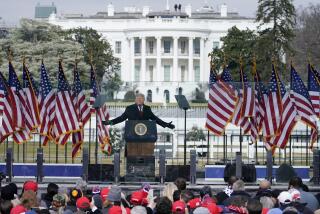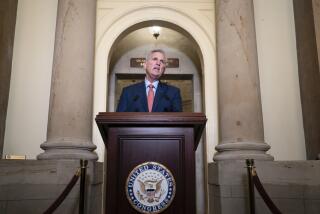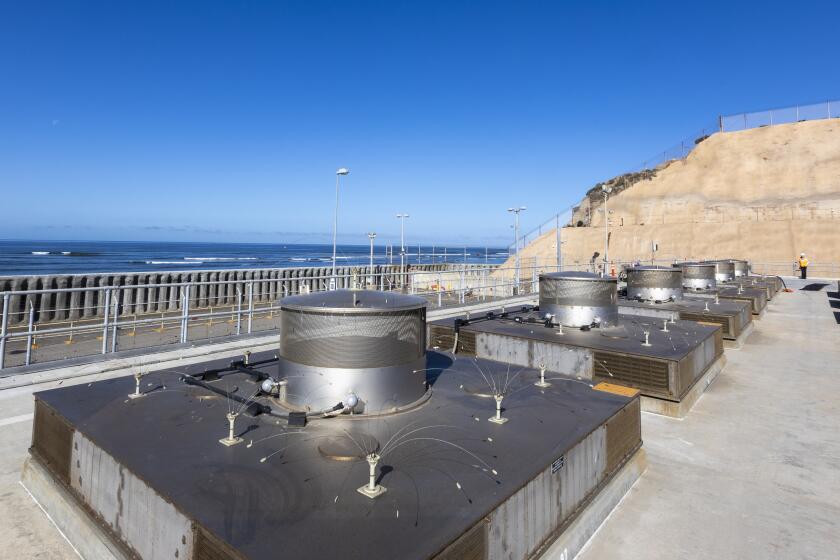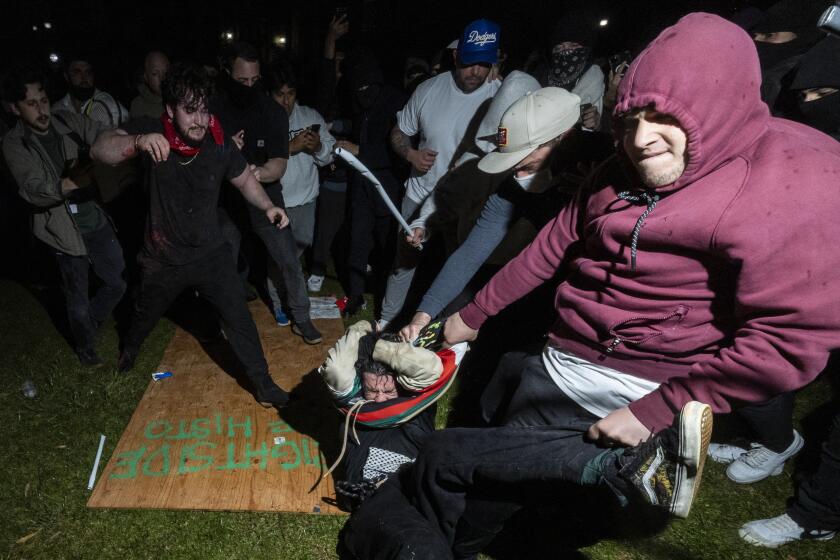In 1973, readers debated whether Watergate was fake news
The most obvious historical parallel to the investigation of Russian meddling in the 2016 election and possible obstruction of justice by President Trump is Watergate — which isn’t to say that Trump will resign or be removed from office, but rather that a single scandal has not similarly defined a presidency since the one that prematurely ended Richard Nixon’s second term in office in 1974.
It’s interesting to look back at letters to the editor on Watergate — not from when Nixon’s guilt became indisputable, but some time before that, when Americans were less sure of (or even concerned by) the president’s involvement, and the question of whether to pursue impeachment remained far from settled.
Below are some of the letters from the weeks that followed former White House counsel John Dean’s bombshell testimony in June 1973 to the Senate Watergate Committee. Some of the defenses and criticisms of the president might sound familiar to readers today.
On June 30, 1973, Edward Johnson of Palm Desert wondered what all the fuss was about:
Assuming President Nixon was involved in the Watergate cover-up and further assuming he told a little white lie about it — what’s the big deal?
It’s true that his image might be affected and he may not command the respect due a man in that high office, but no one can dispute his major accomplishments.
So why should the man be crucified for something so minor when he is the first American president in over 40 years to establish an atmosphere of world peace and friendly coexistence with the communist power on Earth? …
His involvement with Watergate could be paralleled to a financial expert coming into a company on the brink of bankruptcy and not only saving the company, but putting it on a sound financial footing. Later, this same man is fired for stealing a box of paper clips and for lying that he only took a couple.
In the same day’s paper, George W. Turner of San Clemente faulted the media:
When our president says he had no prior knowledge of Watergate nor subsequent efforts to cover [it] up, why don’t we believe him? Why does the press continue to publish reports based on hearsay and undisclosed rumors? And, why in heaven’s name don’t we give our president credit for all the good he has done since he has been in office?
On July 22, 1973, Ursula and Wiley Kennedy of Tustin questioned Watergate’s historical significance:
In a few years the Watergate scandal will be forgotten or at the most relegated to a mere sentence in the history books on the Nixon administration. In the future people will be ... celebrating our splendid scientific fete of landing on the moon. ...
So let’s take a break from breast-beating over Watergate and congratulate ourselves for going to the moon that first time four years ago.
On July 26, 1973, Robert Pace of Los Angeles expressed support for investigating the president:
It is somewhat amusing, yet at the same time alarming, that so many of my fellow citizens see the Watergate hearings as nothing more than an attempt by several glory-seeking senators “inspired either by their own self-interest or ego gratification” to persecute President Nixon and his administration. However, my frustration abounds at the extent of ignorance that leads one to pass off the Watergate break-in as merely a bit of extreme campaign tactics by the president’s well-meaning but imprudent aides and followers.
Until the facts of these clandestine operations are uncovered, with or (most likely) without the help of the president, we may never fully realize the extent to which the government of the United States has been taken away from the majority of its citizens.
More to Read
A cure for the common opinion
Get thought-provoking perspectives with our weekly newsletter.
You may occasionally receive promotional content from the Los Angeles Times.







